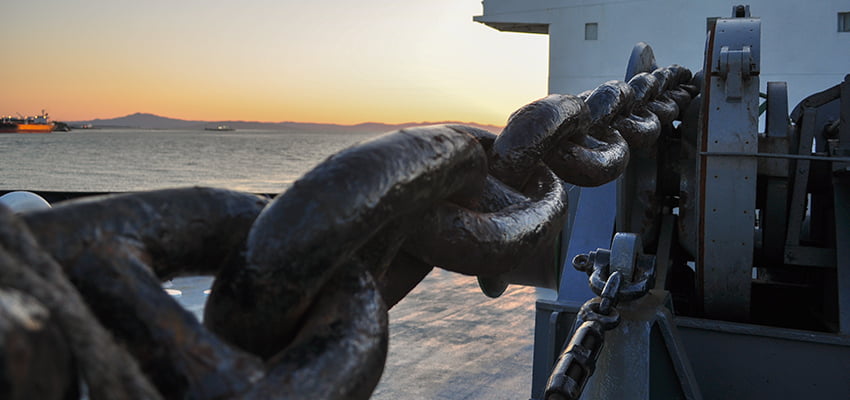LAST year the Australasian Institute of Marine Surveyorss committed to including social and community obligations as part of its strategic operations.
The organisation has developed a training program to encourage Indigenous people to consider entering the marine survey industry. It will be implemented at a national level and in the first instance will seek to recruit, train and provide ongoing employment for five Indigenous Australians as marine surveyors from 2020-2021. The AIMS intends to recruit at least one student in New South Wales and Queensland, the Northern Territory and two in Western Australia however the numbers could be expanded if the response is great enough.
Qualified seafarers
Marine surveying is an industry that has traditionally relied on qualified seafarers to take up marine surveyor roles. While some companies still rely on recruiting seafarers from overseas, they acknowledge these recruits still require additional training in order to undertake marine survey roles.
Another problem faced by overseas recruits is the hardships they face in being so far from home and often based in remote port communities such as those in northern WA and many do not adapt well.
In 2006 a program was introduced to reduce the number of marine rescues in the Torres Strait and that program was expanded in 2014 to help equip Torres Strait Islanders with training and skills to pursue careers locally. The program was so successful that many have now gone on from those courses to get sea time up and find work as deckhands and crew on boats, fishing boats or commercial boats.
Success in the Torres Strait
To date, more than 200 Torres Strait Islander and Aboriginal people have undertaken Torres Strait Marine Pathway Program and 95% of students successfully completed the courses with more than 80% of students transitioning into maritime related employment. It is highly likely that a number of the above graduates candidates would be interested in and eligible to enrol in AIMS marine survey training and because of the success of TSMPP it makes sense to introduce Indigenous Australians to marine surveying and reduce the number of overseas entrants in the industry.
Ancient seafaring history
Not many people realise that Indigenous Australians have an ancient seafaring history and that for thousands of years they made canoes and travelled in our waterways and our shores.
There is a piece of rock art in the Kimberley region of Western Australia that is 17,000 years old and you can clearly see the four men in the canoe with three of the men holding paddles. You can also see that the canoe has a high stern and prow so perhaps it was used further from shore than we think.
As part of a tribute to that remarkable story, in 2018 four young men travelled 70km over three days to retrace what was once a maritime trade route connecting the First Peoples of the Gold Coast and North Stradbroke Island, or Minjerribah as it’s known to the local Quandamooka people. The story has been made into a documentary film The Saltwater Story and it’s a pretty remarkable tale.
Firm objectives
The AIMS program has firm objectives that include developing awareness of the ‘sea country’ philosophy held by Indigenous Australians to our members and encouraging the consideration of recruitment and training for Indigenous persons across the membership as well as maintaining membership, training and recruitment of Indigenous marine surveyors as a long term objective of the AIMS.
The program will be typically 12-18 months duration with an employment outcome on completion. Some candidates may complete the program earlier depending on previous qualifications and experience.
Key components
The program will involve two formal study components, being an entry certificate in marine surveying and followed up by entry to the International Diploma. There still will be some eligibility criteria which will include obviously being of Indigenous heritage, holding a maritime qualification or some experience and having completed secondary education to at least year 11. Graduates of the Torres Strait Marine Pathway Program are strongly encouraged to apply. In support of the program, AMSA have agreed to provide some funding and possibly a ‘work component’ for successful students and recruitment will begin in earnest in early 2020. Any person or organisation that would like to have more information or would like to register their interest can do so by contacting AIMS.
* Susan Hull is CEO at the Australasian Institute of Marine Surveyors
This article appeared in the October 2019 edition of DCN Magazine

